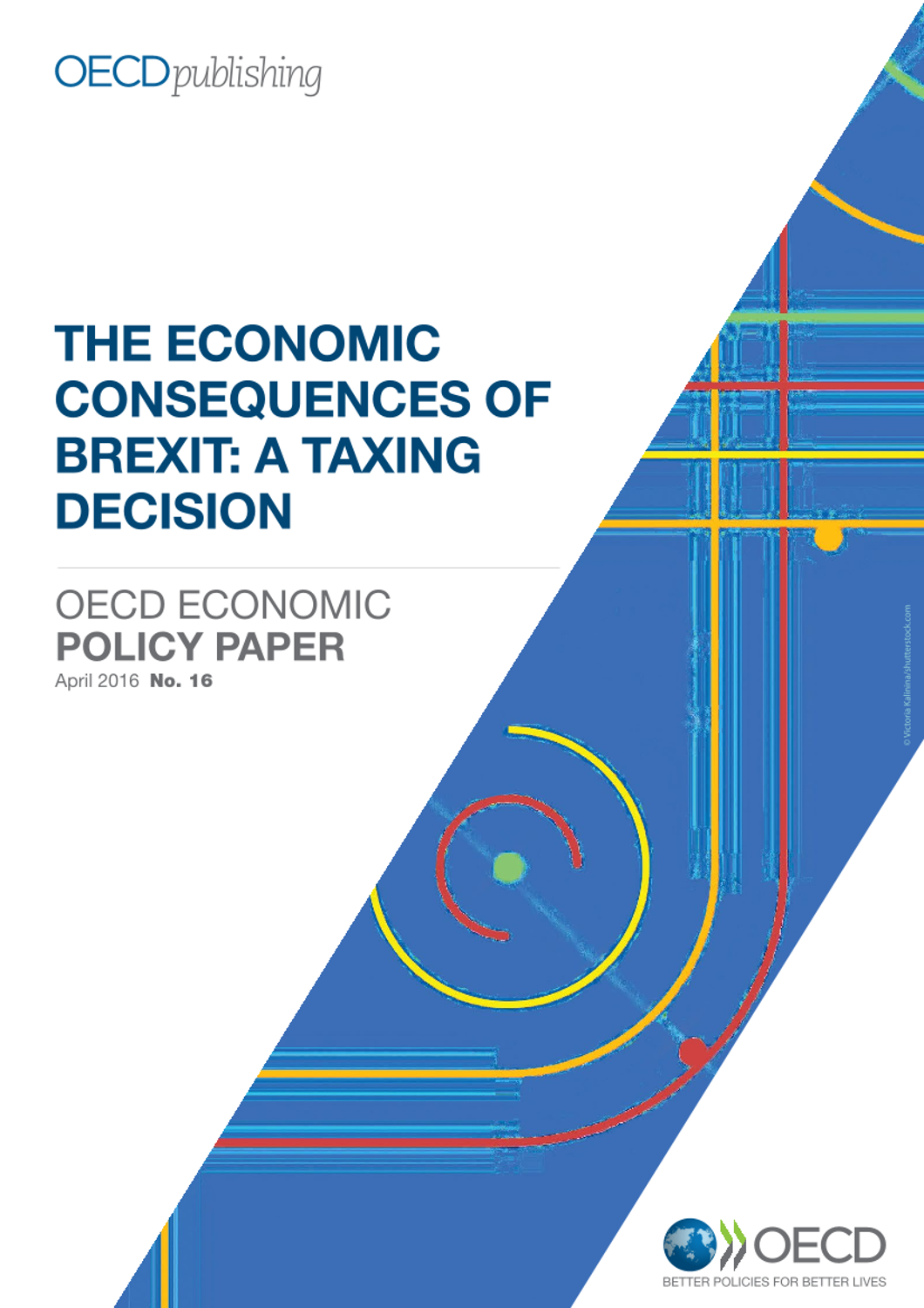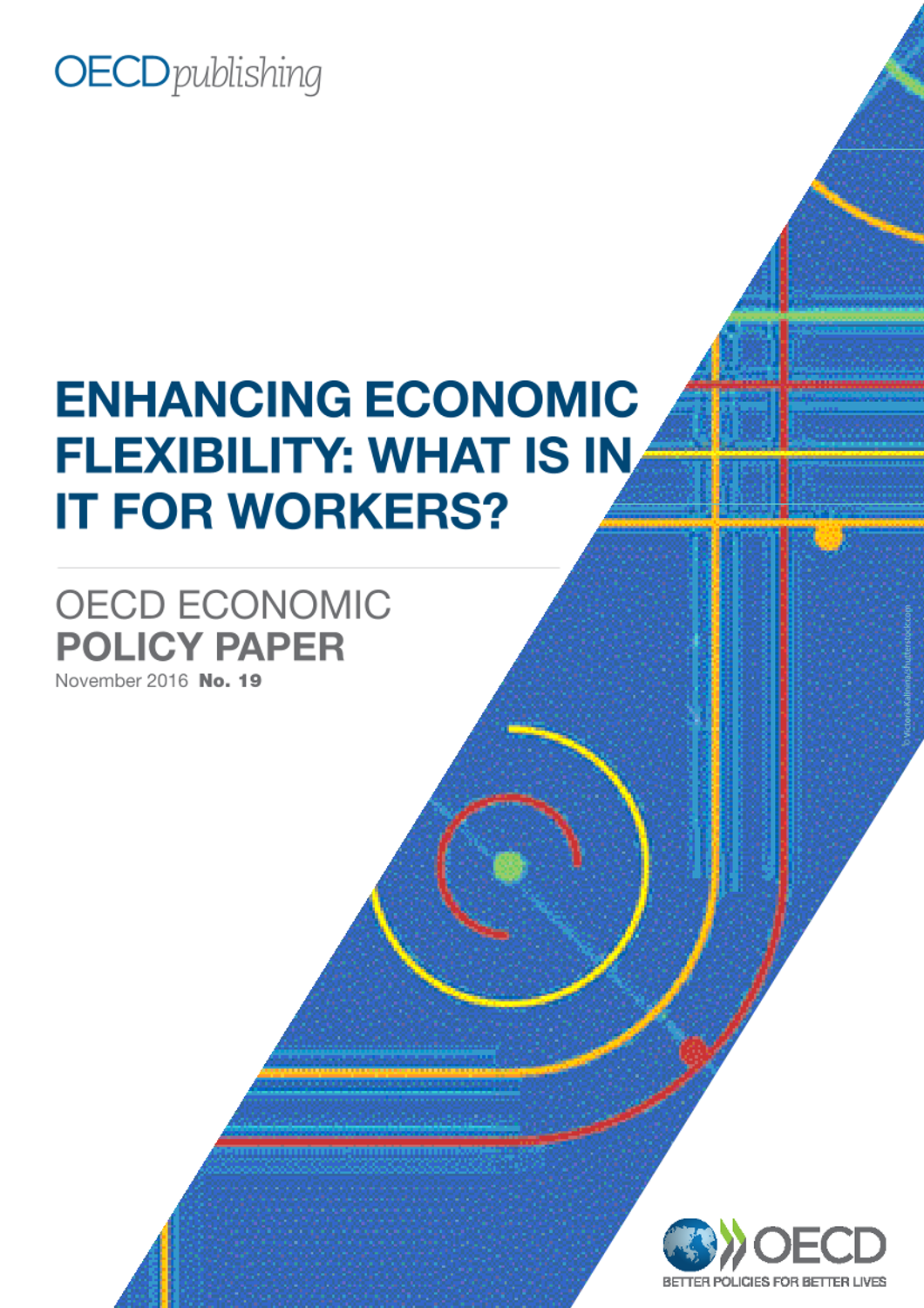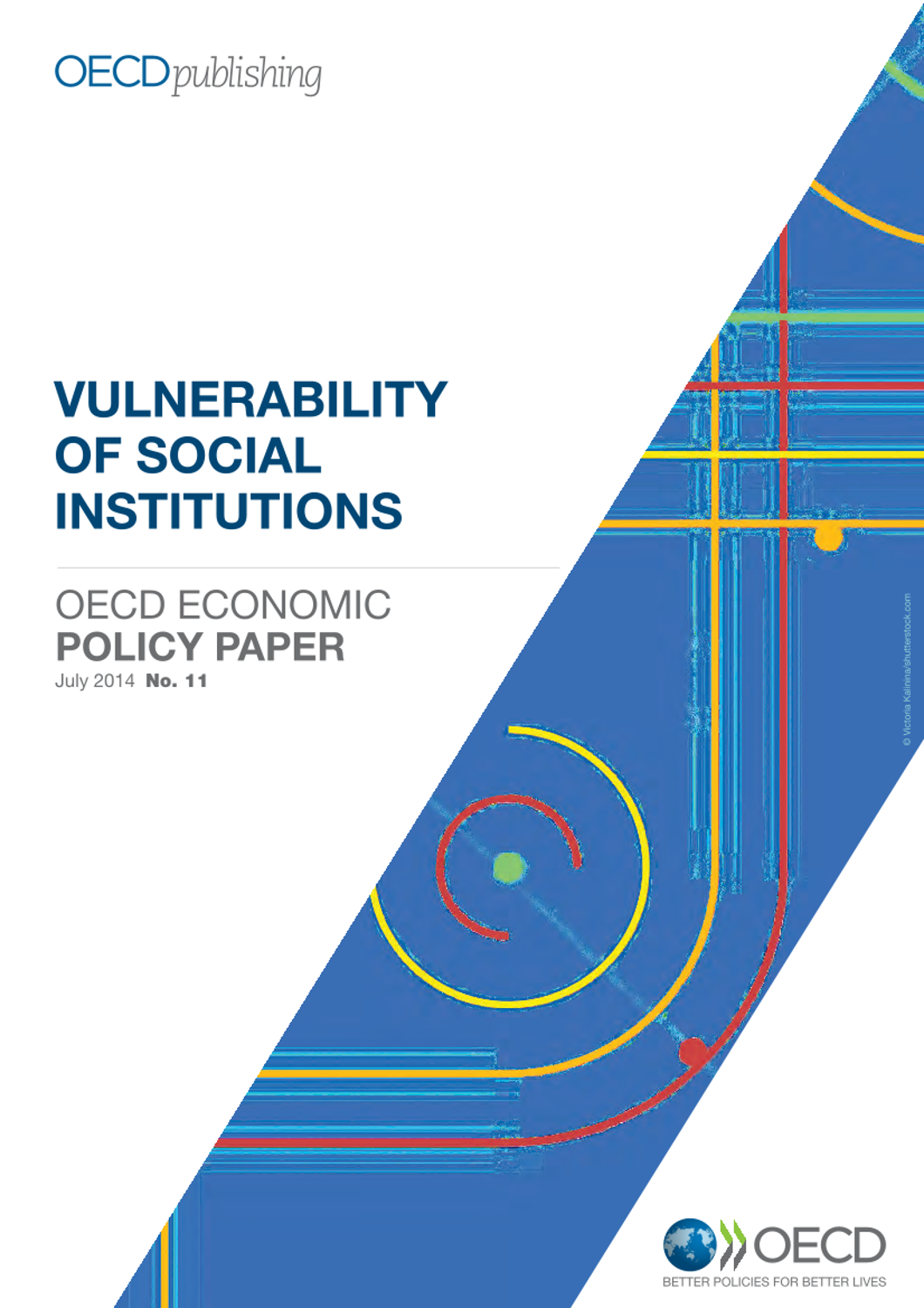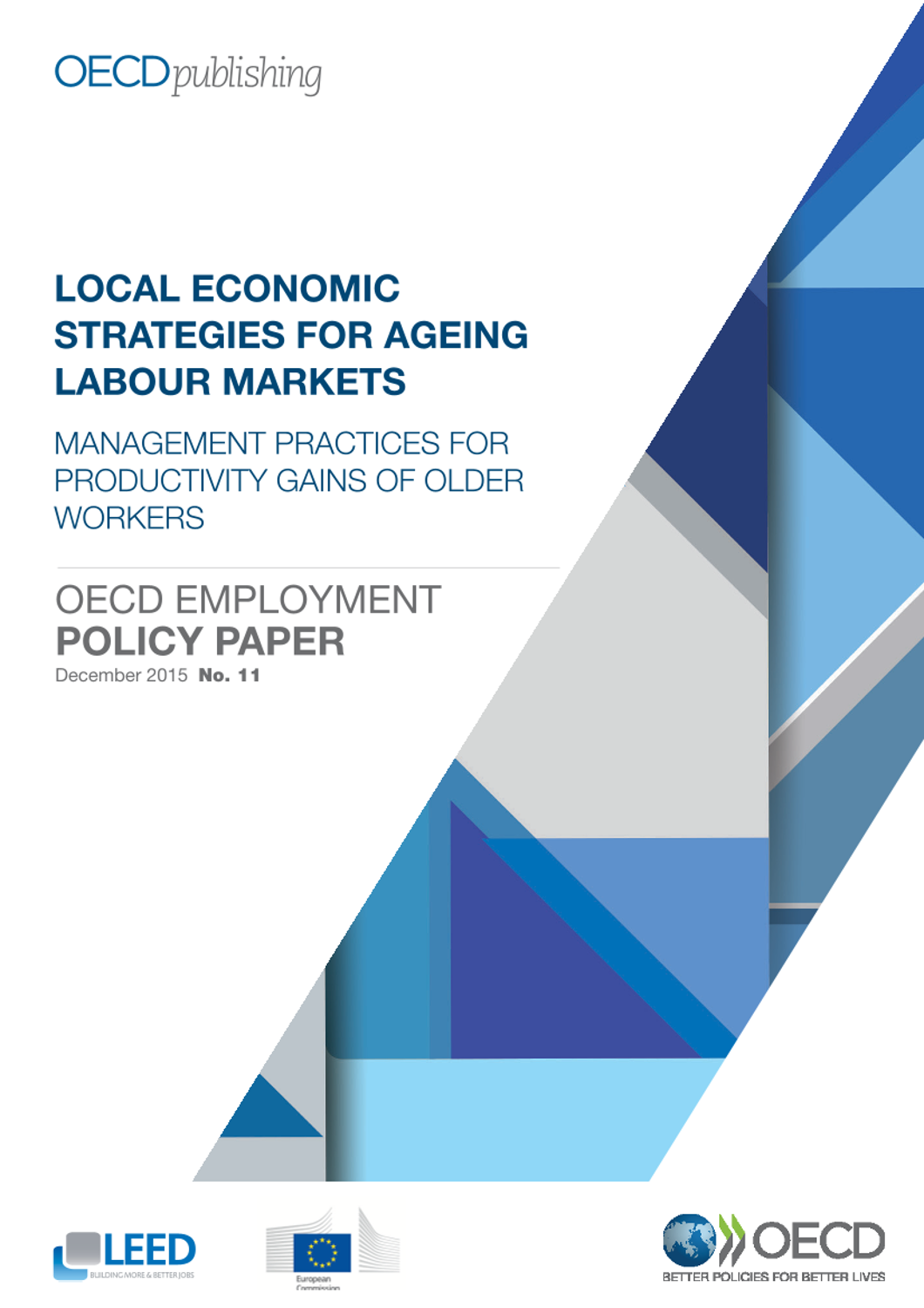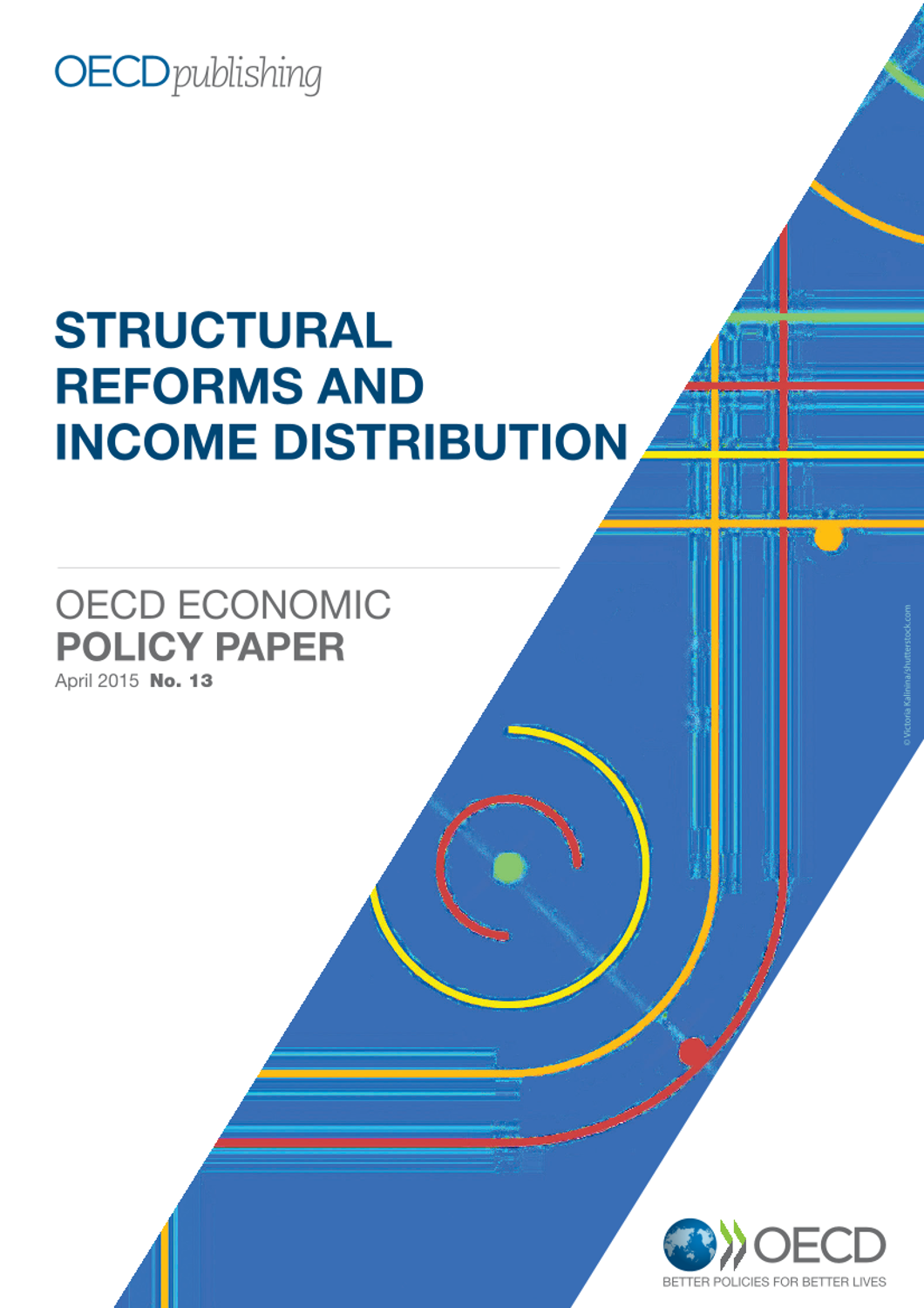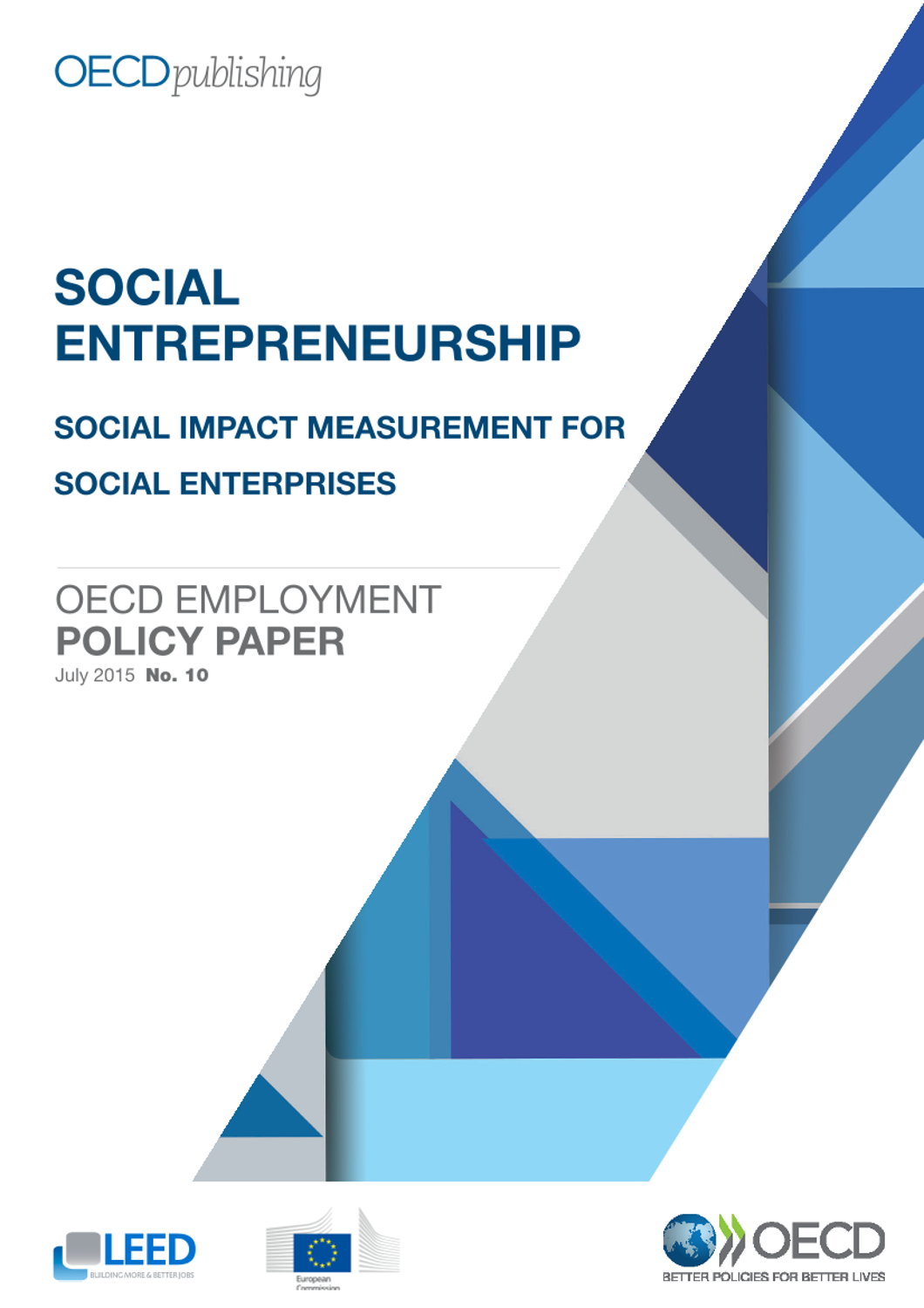연구보고서OECD Economic Policy Papers 17
(The) Economic consequences of Brexit: a taxing decision
- 청구기호
- EPP 17
- 발행사항
- Paris : OECD Publishing, 2016
- 형태사항
- 36 p. :. PDF file ;. 1,379 KB
- 키워드
- Risk premia, Confidence, Deregulation, European Union, FDI, Immigration, Skills, Uncertainty, Brexit, Trade
- 바로가기
소장정보
| 위치 | 등록번호 | 청구기호 / 출력 | 상태 | 반납예정일 |
|---|---|---|---|---|
이용 가능 (1) | ||||
| E0002309 | 대출가능 | - | ||
이용 가능 (1)
- 등록번호
- E0002309
- 상태/반납예정일
- 대출가능
- -
- 위치/청구기호(출력)
책 소개
Membership of the European Union has contributed to the economic prosperity of the United Kingdom. Uncertainty about the outcome of the referendum has already started to weaken growth in the United Kingdom. A UK exit (Brexit) would be a major negative shock to the UK economy, with economic fallout in the rest of the OECD, particularly other European countries. In some respects, Brexit would be akin to a tax on GDP, imposing a persistent and rising cost on the economy that would not be incurred if the UK remained in the EU. The shock would be transmitted through several channels that would change depending on the time horizon. In the near term, the UK economy would be hit by tighter financial conditions and weaker confidence and, after formal exit from the European Union, higher trade barriers and an early impact of restrictions on labour mobility. By 2020, GDP would be over 3% smaller than otherwise (with continued EU membership), equivalent to a cost per household of GBP 2200 (in today’s prices). In the longer term, structural impacts would take hold through the channels of capital, immigration and lower technical progress. In particular, labour productivity would be held back by a drop in foreign direct investment and a smaller pool of skills. The extent of foregone GDP would increase over time. By 2030, in a central scenario GDP would be over 5% lower than otherwise – with the cost of Brexit equivalent to GBP 3200 per household (in today’s prices). The effects would be larger in a more pessimistic scenario and remain negative even in the optimistic scenario. Brexit would also hold back GDP in other European economies, particularly in the near term resulting from heightened uncertainty would create about the future of Europe. In contrast, continued UK membership in the European Union and further reforms of the Single Market would enhance living standards on both sides of the Channel.

